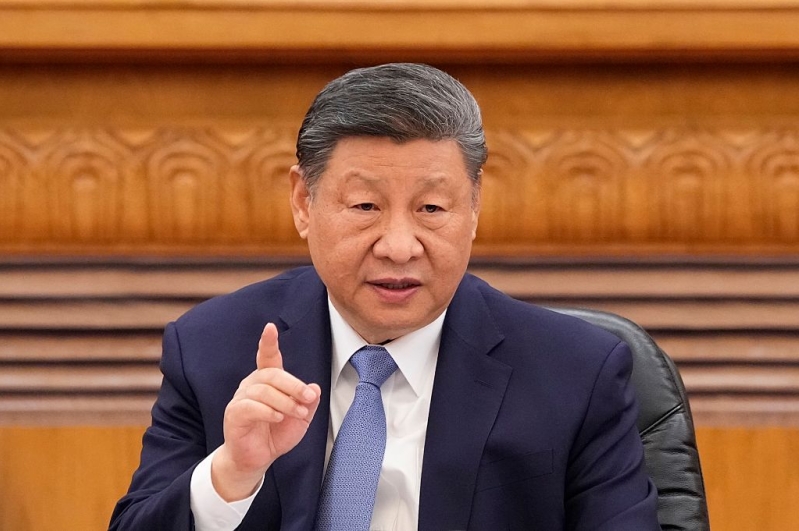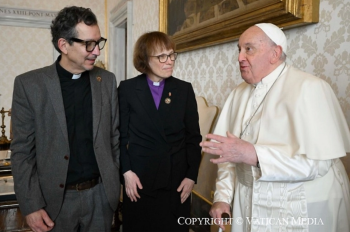
China has banned foreign missionaries from preaching and establishing religious organizations without prior authorization, justifying the move as necessary for national security. The latest restrictions, announced by the Chinese Communist Party, will take effect on May 1, intensifying the crackdown on Christianity in the country.
The newly revised rules explicitly prohibit non-Chinese citizens living in China from preaching without authorization, founding religious schools, producing or selling religious literature, accepting religious donations, or recruiting Chinese citizens as religious followers, according to Mission News Network.
Foreign clergy can only preach if officially invited by state-sanctioned religious institutions, and all preaching content must receive prior government approval.
Chinese state media have stated the restrictions promote national security, describing the measures as protective of “normal religious activities,” noted the U.S.-based persecution watchdog International Christian Concern.
The CCP typically defines normal religious activities as those conducted strictly within the confines of state-controlled institutions. Independent religious groups operating outside these boundaries are often branded by the government as cultish or extremist.
The new legislation reflects China’s ongoing campaign under President Xi Jinping to assert tighter control over religious practices within its borders. Xi first articulated a goal to “Sinicize” all religions in 2016, a policy designed to ensure religious loyalty aligns with the priorities of the Communist Party.
Consequently, state-run religious institutions such as the Protestant Three-Self Church and the Chinese Catholic Patriotic Association have emerged as approved channels for religious activities.
The independent house church movement has particularly felt the effects of this policy shift. Raids and arrests targeting house church members have become commonplace, as Chinese authorities seek to dismantle groups deemed to pose threats to “political security and social stability.”
A report by China’s Global Times earlier this year explicitly boasted about increased efforts by public security authorities to dismantle such groups in 2024, noted The Washington Stand.
The Ministry of Public Security openly admitted to increased investments in surveillance technology and manpower dedicated to monitoring and curtailing the activities of independent religious organizations.
China uses extensive technological surveillance to monitor citizens’ movements and associations, assessing their loyalty to the Communist Party. This system particularly targets individuals associated with unregistered house churches or those inclined toward religious practices outside state-sanctioned frameworks.
However, Chinese officials maintain their stance that religious freedom exists within China, albeit within strictly controlled parameters. According to representatives from religious organizations already active in China, the new regulation will make foreign engagement significantly more difficult but does not entirely halt religious activities.
Organizations such as Bibles for China, already active within state-sanctioned structures, believe their operations might not immediately suffer under the new rules. However, foreign missionary efforts — especially involving visits, meetings with pastors and direct involvement on the ground — will likely become substantially more challenging.
Funding from foreign sources for religious initiatives within China also faces increased scrutiny.
Arielle Del Turco, director of the Center for Religious Liberty at the Family Research Council, expressed serious concern.
She told the Stand that China’s justification of national security is inappropriate, and banning foreign missionaries will harm China’s international relations.
Del Turco urged the U.S. government to closely monitor the developments due to potential implications for American citizens visiting China. She recommended that American leaders publicly condemn the Chinese government’s actions and keep a watchful eye on religious freedom conditions within the country.
Originally published by The Christian Post





